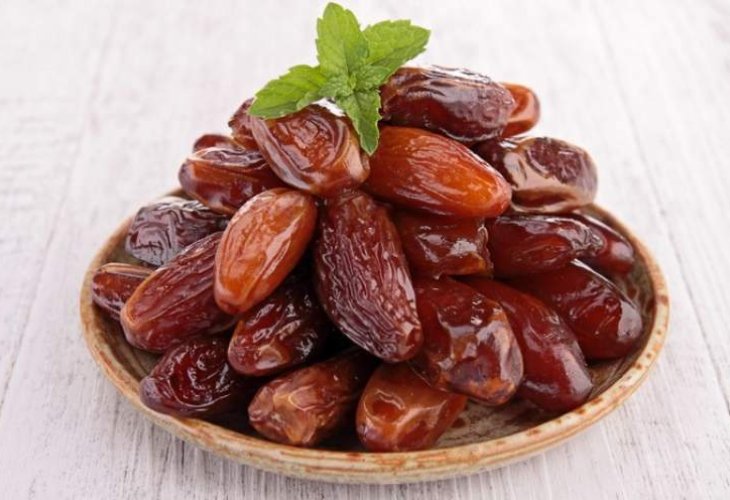Health and Mind
Craving Sweetness? The Best Natural Sugars from Hashem’s World
Discover which natural sweeteners are good for your health, and how Hashem designed sweet foods to nourish the body and soul
 (Photo: shutterstock)
(Photo: shutterstock)Hashem created a world filled with delicious, natural sweetness that’s also good for our bodies. Sweetness itself isn’t bad, it depends where it comes from. When it comes from the right sources, it can nourish and energize us.
Here are some of the natural sugars that Hashem provided for us, along with how they benefit the body:
Brown Sugar
This is sugar that hasn’t yet been completely refined into white sugar. It contains a small amount of molasses, which gives it its brown color. Among brown sugars, demerara is considered one of the better types because it’s less processed. It contains small amounts of B vitamins, iron, and calcium.
Stevia
Stevia is a plant whose leaves have a naturally sweet taste. The sweet component is called stevioside, a type of natural compound called a glucoside. The dried powder is about 300 times sweeter than regular sugar but has no calories and doesn’t break down in the digestive system, so it leaves the body untouched. This makes it a useful natural sweetener for those watching their sugar intake.
Honey
Honey is one of the oldest and most natural sweeteners known to us. It contains both glucose and fructose and is made by bees, but also intended for human consumption. Its sugar concentration is around 80%. Honey has many uses, from sweetening tea to baking and even for natural healing purposes.
Date Syrup
Made from cooked and concentrated dates, date syrup is a wonderful natural sweetener that can be used in baking or as a substitute for sugar in desserts. Even whole dates themselves are a great way to satisfy a sweet craving while giving the body nutrients. Dates contain about 18% water, as well as natural sugars, a bit of sodium, calcium that’s easy to absorb, iron, and B vitamins.
Maple Syrup
This sweet syrup is extracted from maple trees. Producing it is a labor of love, 140 to 200 liters of sap are needed to make just 4 liters of syrup. Maple syrup is similar to honey in its taste, texture, and even its quality. It’s a naturally sweet and wholesome choice.
Fructose
Fructose is a fruit sugar. It is often found in liquid form (like in high-fructose corn syrup) or sold as crystals. While naturally found in fruits, when used in processed forms, it should be consumed with care.
Malt Syrup (Malt)
This syrup is made from sprouted barley, called malt, and is used in a variety of foods, including in the production of beer. It has a rich, earthy sweetness.
Corn Syrup
Corn syrup is a highly processed sweetener made from the starchy part of corn kernels. It’s often added to foods like ketchup, peanut butter, and soup powders. While commonly used, it’s considered less healthy due to the way it’s processed and its high sugar content.
Muscovado Sugar
This is raw sugar in its earliest stage of refinement. It’s even less processed than demerara. The stages of sugar refinement go from muscovado → demerara → white sugar. Since it’s less processed, muscovado retains more of the natural nutrients.
Molasses
Molasses is a thick, dark liquid that’s a byproduct of sugar refining. It contains 45% to 55% sucrose and holds many nutrients that get removed in the process of making white sugar. Molasses is rich in amino acids, B vitamins, and especially iron. In fact, it’s so gentle and nutritious that it’s even recommended as a natural sweetener for babies (instead of honey, which isn’t safe for infants under one year old).
Licorice (Arak)
Licorice root has a natural sweetness, not from sugar, but from its unique compounds. It’s used as a natural sweetener and is the key ingredient in a traditional Middle Eastern drink called “suss,” which is especially popular in Arab countries. While it’s not a sugar, it satisfies a sweet craving in a natural way.

